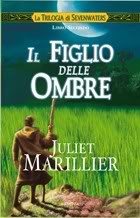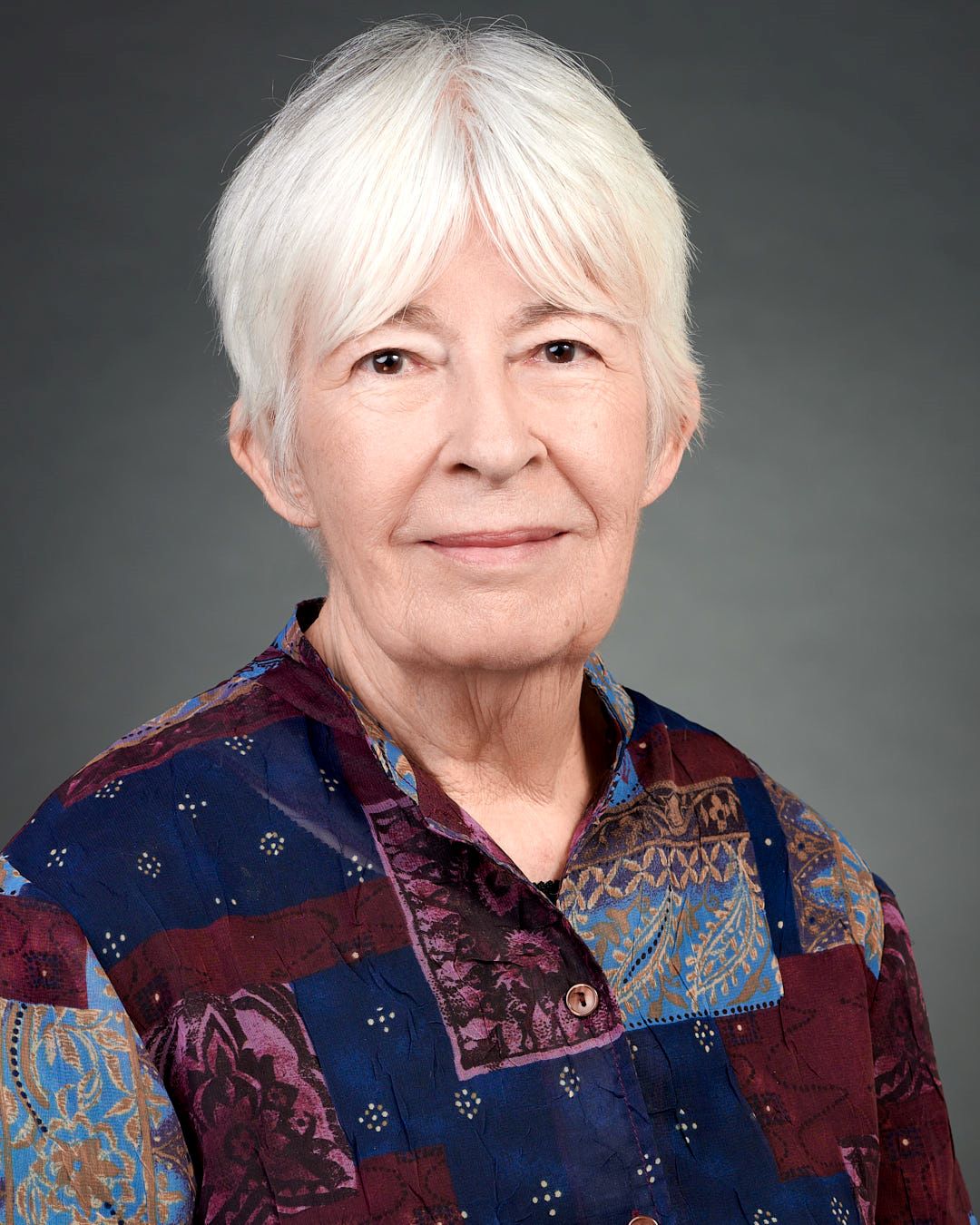Q&A
By Juliet Marillier | June 21, 2007 |
 Last month I posted about a workshop I’d presented for young writers and included some of the very good questions the participants had asked. Someone suggested I should post my answers as well, so here’s a sample:
Last month I posted about a workshop I’d presented for young writers and included some of the very good questions the participants had asked. Someone suggested I should post my answers as well, so here’s a sample:
Q. How old were you when you began writing?
A. About five—my first year of school. I was an obsessive storyteller from the start. My first “long” story, about ten pages, was about a scientist discovering a plesiosaur in the fjords of New Zealand. I was a speculative fiction writer even then.
Q. Which of your books is your favorite book?
A. Whichever I’m writing at the time someone asks this question.
Q. How old were you when your first book was published?
A. Old by your standards. I turned fifty the year my first book came out.
Q. Do you like to write in the first or third person?
A. It depends on the story. First person allows me to get under the skin of the protagonist, and helps me to make that character so real the reader will closely identify with her. It worked very well with my Sevenwaters Trilogy, which was closely focused on three generations of women. Third person allows me to see characters through the eyes of other characters, to go deeper into the motivations and feelings of more than one character, to share the narrative more evenly between two main protagonists and to include a wider range of settings and events. In an early medieval, real world setting, it is hard to put a young female narrator in the middle of battle scenes, for instance. Having said that, I find first person flows more easily.
Q. Do you prefer to find characters or plotline or setting first?
A. I usually start with a key idea plus a setting, and the characters start to appear in my head after that. The plotline develops from the key idea and setting—for instance, with Wolfskin I knew I wanted to set the book in Orkney, and that I would examine the psychology of a Viking berserker and the issue of sworn oaths versus conscience. Out of that came the idea of showing the first Norse voyage to Orkney and the clash of cultures and faiths when Norse adventurers met Pictish islanders. By the time I had worked out that much, all the main characters were in my mind.
Q. When you read other authors’ work that is the same genre as yours, do you compare it with yours automatically?
A. Yes. But actually I don’t read much fantasy—my reading choices are usually limited to a very small number of favorite authors, all of whom write in styles completely different from mine. I actively avoid reading anything I think may be too similar to my own work in content or style because I’m worried about unconscious plagiarism. To be honest, the more I write, the fussier I get about what I read.
Q. Have you ever started off loving certain characters and ended up despising them?
A. I don’t think so, but it’s definitely happened the other way around. I like to give each character a set of behaviours and attitudes that makes sense in terms of both nature and nurture. In Wolfskin, there’s a character called Somerled who does some truly evil deeds, but whose complex psychology was fascinating to explore. I ended up liking him despite his psychopathic behavior.
Q. If you’re a fulltime writer, what do you do all day?
A. I lounge around eating grapes and watching daytime television. No, actually being a fulltime writer means running a small business. That includes all the following:
– writing synopses and proposals for my agent to sell
– writing the next book
– re-writing (however many drafts it takes to get the ms to my own satisfaction)
– editing (making more changes at the editor’s request)
– checking the copyedit and proofs
– responding to email and letters, replying to readers’ posts on online forums
– media interviews, mostly at publication time
– attending writers’ festivals and conventions (not my favorite thing!)
– doing my accounts / preparing tax documentation
– presenting workshops, mentoring aspiring writers, giving talks for schools, libraries etc
Because my books are published separately in Australia, the USA and the UK, I can find myself working on edits, copyedits and proofs for all three at once, and not always for the same book.
In between the above there’s the rest of life—shopping, cleaning, cooking, walking the dogs, looking after my grandchildren two days a week, and zillion other things. I have said that when I finally give up writing, I’ll read all the books I don’t have time for.










Thank you for this post, Juliet; it’s always fascinating to hear about your process.
Folks, for those of you who haven’t read it, we did an in-depth interview with Juliet here at WU. Read part one HERE. Enjoy!
Wait a minute? You don’t employ an entourage to peel grapes for you? ;-D
It’s always a shock to hear how much work writers do outside of the actual writing.
“To be honest, the more I write, the fussier I get about what I read.”
Me too. If I can get my head to turn off the editor, I usually enjoy it, but sometimes it can’t be done.
Great post!
great post! i am always fascinated about how other writers conduct their day and when they discovered the writer in themselves. thanks, juliet
Give up writing? Whadya mean, give up writing? Don’t even think about it, on pain of being made to read all the world’s worst fantasy novels. Or even worse, the world’s worst literary novels…